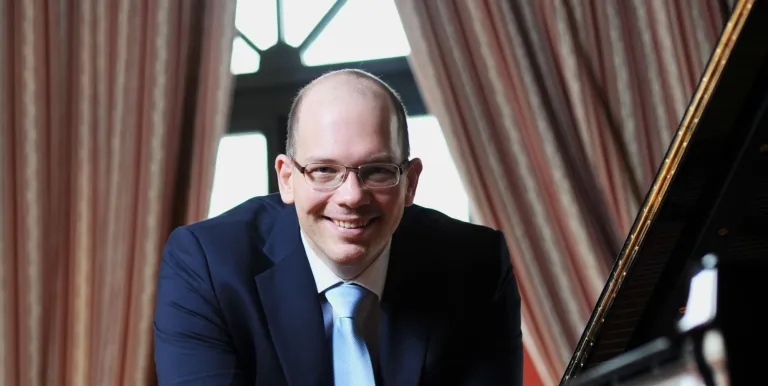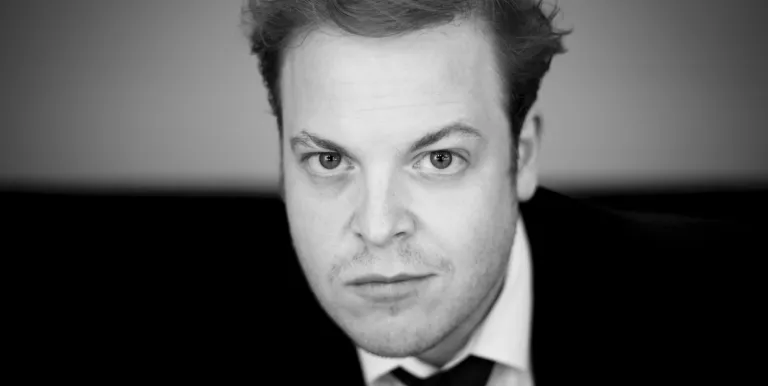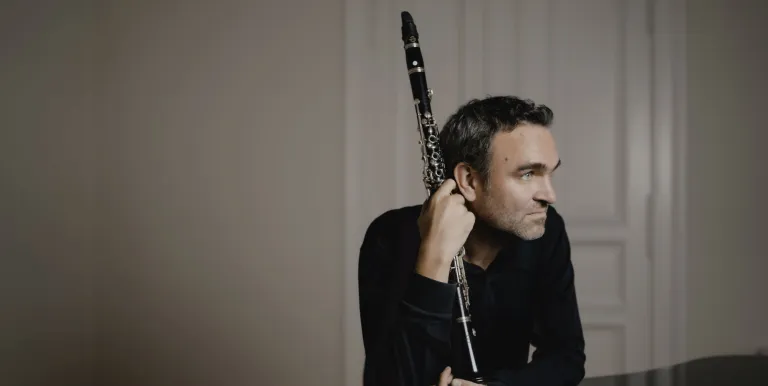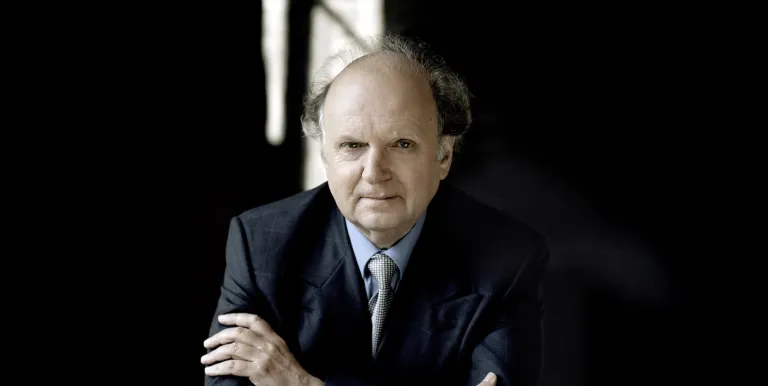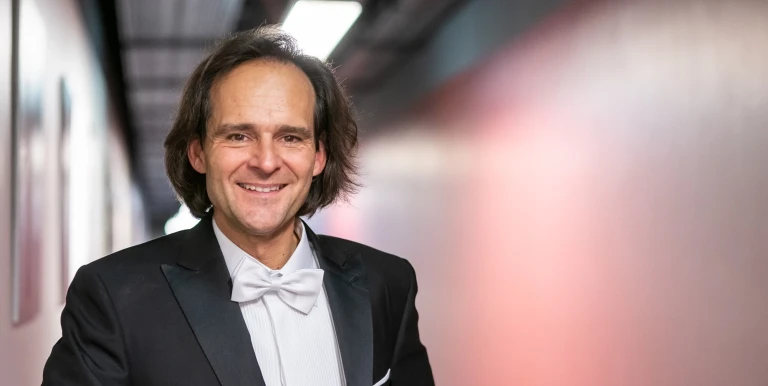one interval
Conductor:
Featuring:
Haydn
March for the Prince of Wales, Hob. VIII:3
Britten
Simple Symphony
Britten
Serenade for Tenor, Horn and Strings, Op. 31
James MacMillan
Cumnock Fair
Haydn
Symphony No. 104 in D major ('London'), Hob.
These works by Haydn, Britten and James MacMillan will convey the sounds of England, Scotland and Wales. After himself being received with great honour in London, Haydn composed a march in honour of the Prince of Wales. Britten's opera Peter Grimes addresses maritime themes, and he set the music of his serenade to verses by renowned English poets. James MacMillan's work evokes the world of Scottish folk dance, while Haydn wrote his final symphony in London, hence its name.
Opening the concert will be the celebratory fanfare that Haydn dazzled the royal family with in 1792. Britten's two works reflect a substantially different atmosphere. Completed in 1945, Peter Grimes became the first English opera since Purcell's Dido and Aeneas to gain renown around the world. One of the key characters in this tragic story about a morose fisherman in a small English village is the sea itself. While interludes usually simply serve to bridge set changes, these convey emotions and tension. The Serenade revolves around another manifestation that instils both wonder and fear: the night.
The most recent piece in the concert dates from 1999. Its title, Cumnock Fair, refers to a lively Scottish couple's dance. The archaising music of this work written for piano and string orchestra is still unmistakably modern.
'The D major symphony is the last one that I composed for England,' Haydn wrote in 1795, and he may well have guessed that it would also be the last one of his life, the one to summarise them all. Comprising an opening movement that combines a slow introduction with a fast main part, two streamlined middle movements and a treatment of a Croatian folk tune accompanied by drone-bass in the finalé, this piece is a worthy conclusion to the most important part of the composer's oeuvre.
Dear Audience members, because of our security rules, instead of Benjamin Britten's Four Sea Interludes from Peter Grimes we perform Simple Symphony. Thank you for your understanding!
Presented by: Budapest Festival Orchestra, Müpa Budapest
-
We wish to inform you that in the event that Müpa Budapest's underground garage and outdoor car park are operating at full capacity, it is advisable to plan for increased waiting times when you arrive. In order to avoid this, we recommend that you depart for our events in time, so that you you can find the ideal parking spot quickly and smoothly and arrive for our performance in comfort. The Müpa Budapest underground garage gates will be operated by an automatic number plate recognition system. Parking is free of charge for visitors with tickets to any of our paid performances on that given day. The detailed parking policy of Müpa Budapest is available here.

